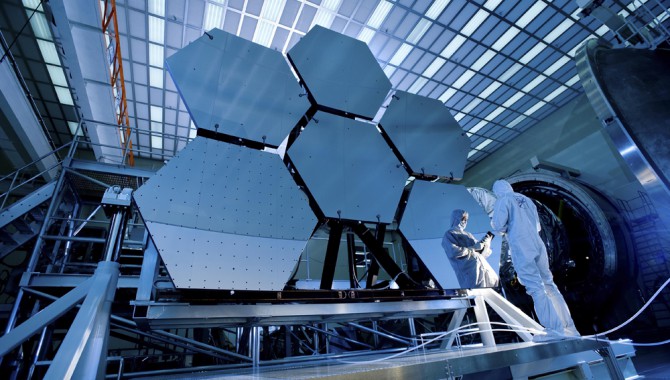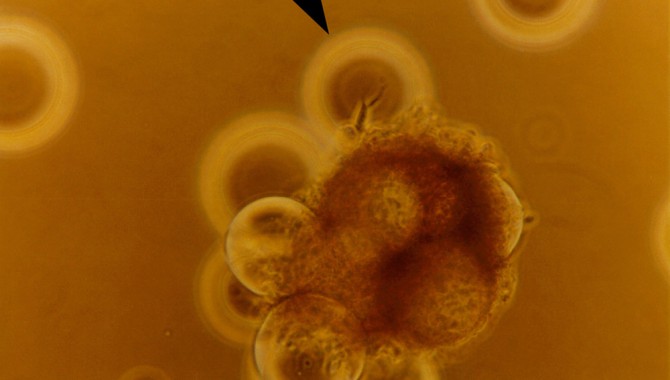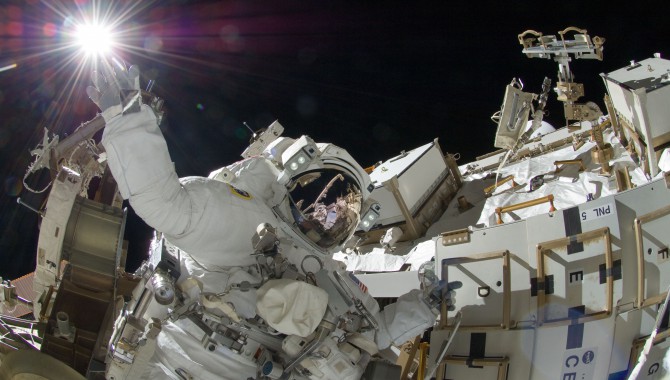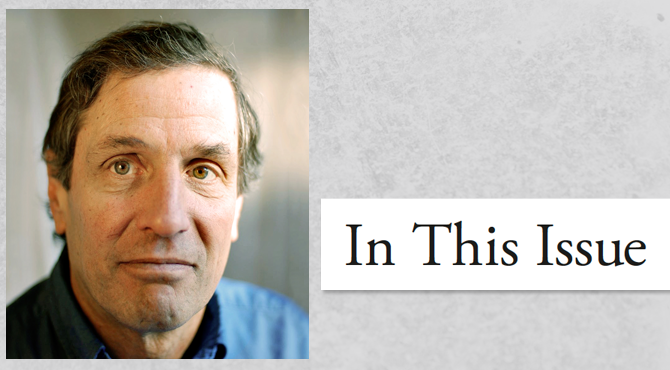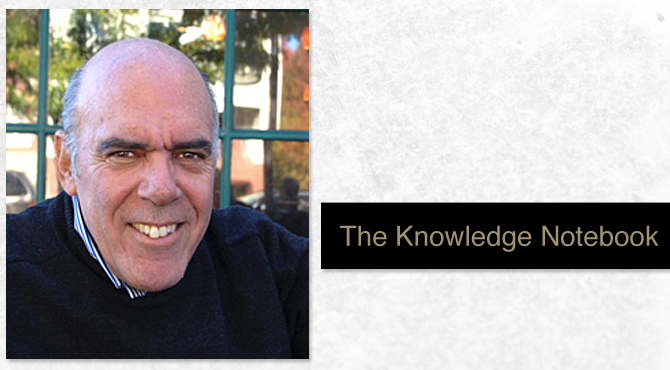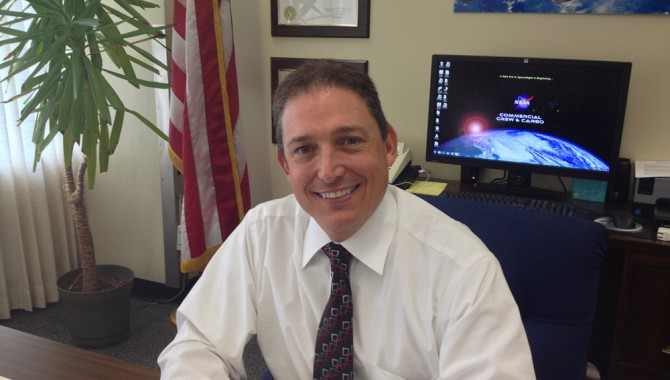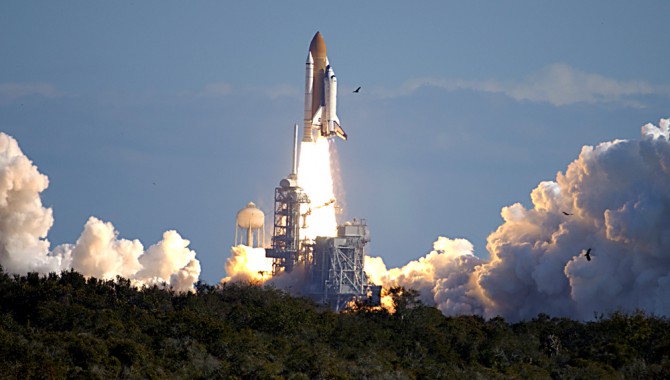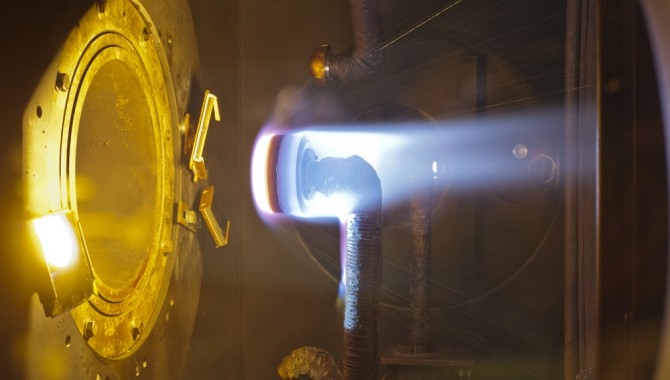
By Jay Grinstead When I took the International Project Management (IPM) course at Kennedy Space Center in the winter of 2012, I had already had some experience working with NASA’s international partners. In fact it was that work, which introduced me to some of the cultural and organizational complexity of working internationally, that convinced […]






